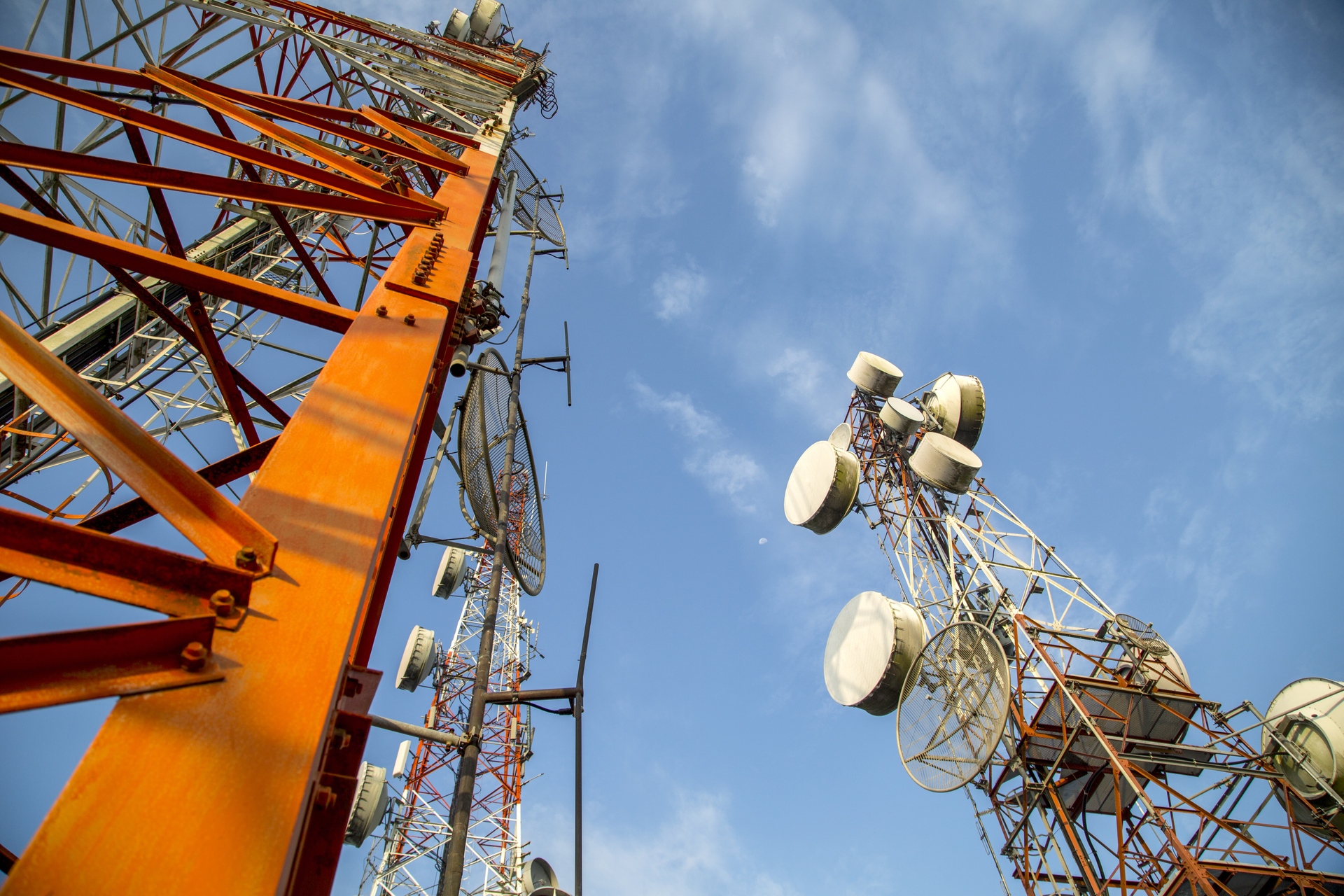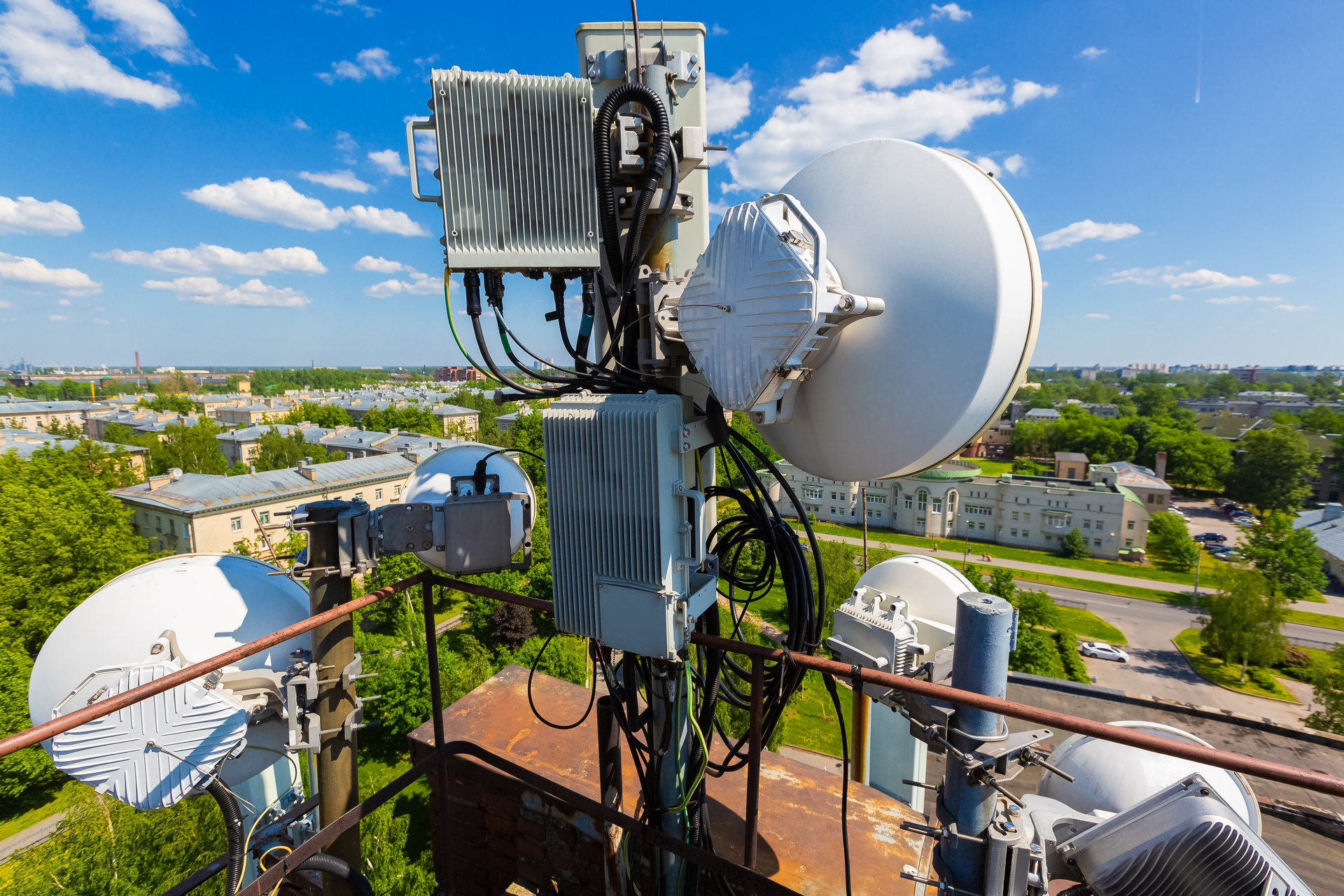Many thoughts come to mind when deciding what is best for a company’s telecommunications technology needs. When telecom equipment stops working, it’s obviously got to be replaced or repaired. However, some companies have doubts about whether to purchase new or refurbished telecommunication equipment. Being well informed to make the best decision is necessary not just to maintain competitiveness, but also to keep costs down both in the short and long-term.
The decision to purchase new equipment is often made because there is little confidence in the reliability of the refurbished parts. This is due to a lack of knowledge in how the equipment recertification process works and what guarantees/continued support programs are available.
On the other hand, there are those companies that have already subscribed to this option, and prefer to save money (and time) by purchasing refurbished telecom equipment, or even by repairing idle equipment that already belongs to the company.
There are pros and cons to both, but which is the best option between these two different possibilities? This article will help you answer these questions.
New or Refurbished telecommunications equipment: What to consider before making a decision?
First, the company needs to consider its own conditions and limits. For example, are there any budget restraints? What is the real need for the part? How much does the company depend on the equipment? In other words, what are the potential losses in downtime if not replaced soon?
Below are some key strategic considerations to analyze before deciding whether you should purchase new or refurbished telecommunications equipment.
1. Budget
How much can your company afford to spend on telecommunications equipment? This may be a determining factor in deciding to purchase new equipment, buy reconditioned equipment, or even repair equipment the company already owns. Therefore, studying prices and the providers that offer these services is a way to better adapt your budget to your particular needs.
2. Service Provider/ Supplier Reliability
How reliable is the company responsible for distributing the equipment or refurbished spare parts? The supplier’s reputation in the market should definitely factor into your decision. It is important to consider the supplier’s coverage area as well, with complete and easy access to them. This is even more critical when changes or maintenance services are required and downtime is more costly.
3. Warranty/ Guarantee
In addition to checking the supplier’s reliability, it is essential to know what guarantees or warranties they offer. The supplier should inform you about the expected lifetime of the parts or equipment so you can analyze if it is worth the investment at that moment. Taking the available warranties/ guarantees into consideration before purchasing any equipment is a way to avoid future losses.
4. Certification/ Recertification
All telecom equipment, whether new or refurbished, should be certified. That is, it needs to pass a series of tests and inspections. When it comes to refurbished equipment, it is important that they offer the same quality as any new equipment does with a strong recertification process and quality controls. It is always recommended to look for ISO9001 or TL9000 certified companies to ensure the highest quality standards.
5. Factory maintenance
It is also important to check, before making a decision, whether the refurbished telecom parts were ever sent back to the manufacturer for maintenance. That is, was the equipment considered faulty or damaged and returned for repair at any point? If so, what guarantee does the factory have that equipment that has undergone maintenance will return in good working condition?
6. Continued Customer Support
Does the company offering the telecom equipment, whether new or refurbished, have a support system in case of any type of problem? This is an important question that you should ask. After all, in case there is a problem with the equipment, the supplier or provider should have technical staff, processes and expertise to provide adequate and timely support to resolve the problem.
Refurbished or New: How to know which option is the best?
We recommend that you take all of these points into consideration and ask these questions to any potential service provider/ supplier. Also, it is important to consider what you want to gain from this purchase and what budget restraints your company might have.
Many people believe that by buying new equipment, there are more advantages. However, this is not always the case. Reusing and refurbishing are options that, in addition to being less expensive, can be more environmentally-friendly and an added advantage.
After analyzing the pros and cons of each option, you should be able to decide which option is most beneficial to your specific situation. There are definitely advantages and disadvantages to each.
We do recognize that it’s not always easy to answer these questions above, but we are available to help in any way possible. Just reach out to us and we’ll do our best to point you in the right direction.





